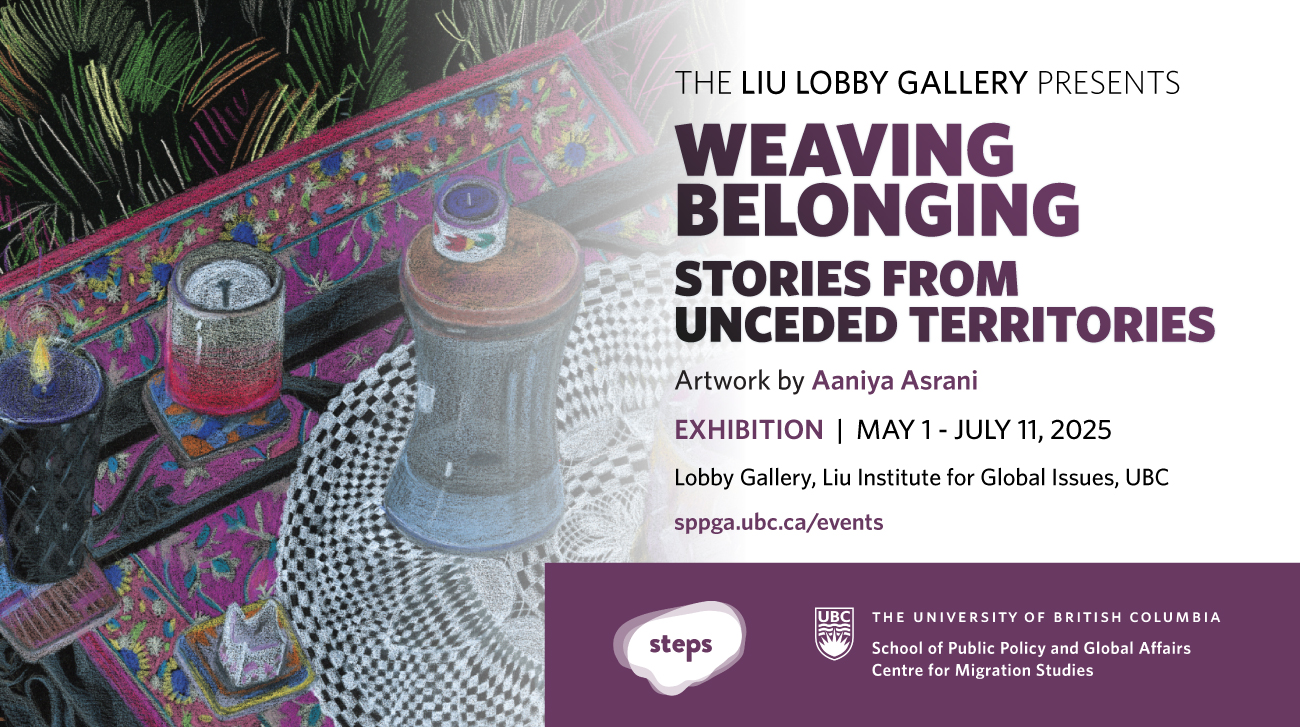You are invited to a screening of two short documentaries – Dangdut Karawang: Songs of Marginalized Women by Citra Aryandari, and Devil Shadow on Tattoo by Koes Yuliadi of the Indonesian Art Institute (ISI: Insitut Seni Indonesia), based in Yogyakarta, Indonesia.
The films were recently screened at York University as part of the Canadian Council for Southeast Asian Studies (CCSEAS) conference and also at the University of Toronto.
The screening will be moderated by Ayu Ratih, a human rights activist and PhD candidate at UBC. Her current research focuses on Indonesian women’s history, social memory and national identity. A short Q&A will follow.
Dangdut Karawang: Songs of Marginalized Women (16 minutes)
Citra Aryandari, Institut Seni Indonesia (Yogyakarta)
Dangdut Karawang: Songs of Marginalized Women is a depiction of a social condition in Karawang district (32 miles from Jakarta, Indonesia) by way of representing dangdut (a form of Indonesian popular music for dancing that combines local music traditions with music from Indian, Malaysian and Western rock traditions). It shows the multiplicity of dangdut: how dangdut is implicated in the commodification of women’s bodies to serve male sexual fantasies; how dangdut could become the zone of sexual ‘freedom of expression’ in the eastern part of the district where Muslims are the majority; how dangdut singers became the site for resolving a longing for the past as well as a ground to protest sexual oppression. Dangdut Karawang shows how dangdut singers became both victims of the patriarchal system where they served the needs of male sexual fantasy and economic commodity in the music industry as well as how the female performers in turn appropriated power to serve their own needs and agency. Therefore, dangdut performances are far more complicated than simply an object of capitalism and patriarchy. By understanding the performance of dangdut, Dangdut Karawang explores how we could see female singers as subjects with agency to engage with the dynamics of class and gender relations.
Devil Shadow on Tattoo (16 minutes)
Koes Yuliadi, Institut Seni Indonesia (Yogyakarta)
Indonesian people have negative judgments of people who have tattoos on their bodies. In the 1980s there were mysterious shootings, the government’s way of cautioning people who committed crimes. Most of the shooting victims were men who had tattoos. However, at the end of 1990s,tattoos became part of the arts and began to attract the interest of some young Indonesian people. The Indonesian cities that have tattoo outlets are situated in Bandung, Jakarta, Jogjakarta and Denpasar (Bali). Kuta Beach, for example, which is one of the entertainment centres for tourism activities in Bali, has many tattoo outlets around Legian. Tattoos on the body are becoming common and interesting scenery. There are some interesting motifs such as the typical Balinese tattoo figures called Barong and Rangda. Barong is a figure shaped like a lion, while Rangda is based on the image of a wizard who has canine teeth and glaring red eyes. Barong and Rangda in Balinese philosophy have both good and bad manifestations. They are realized in the form of masks and kept in the most sacred part of Pura (temple). This mask will only be taken out of the Pura when there is a big ceremony to neutralize negative energy (if the village often faces disasters). Both masks are worn by actors in a sacred show. The two characters will fight each other until Rangda will be beaten. For the Balinese people, the Rangda figure is also known as Leak (ghost). They believe that Leak likes to drink baby blood on certain days. Currently, the Rangda figure has become one of the most popular designs for Balinese people and tourists. This is very interesting because the dark figures in Balinese mythology have become popular in tattoos. Why do controversial figures become a meaningful reference in tattoo? Devil Shadow on Tattoo is a documentary film that describes the tattoo scene in Bali and in Indonesia using a visual anthropology approach.


